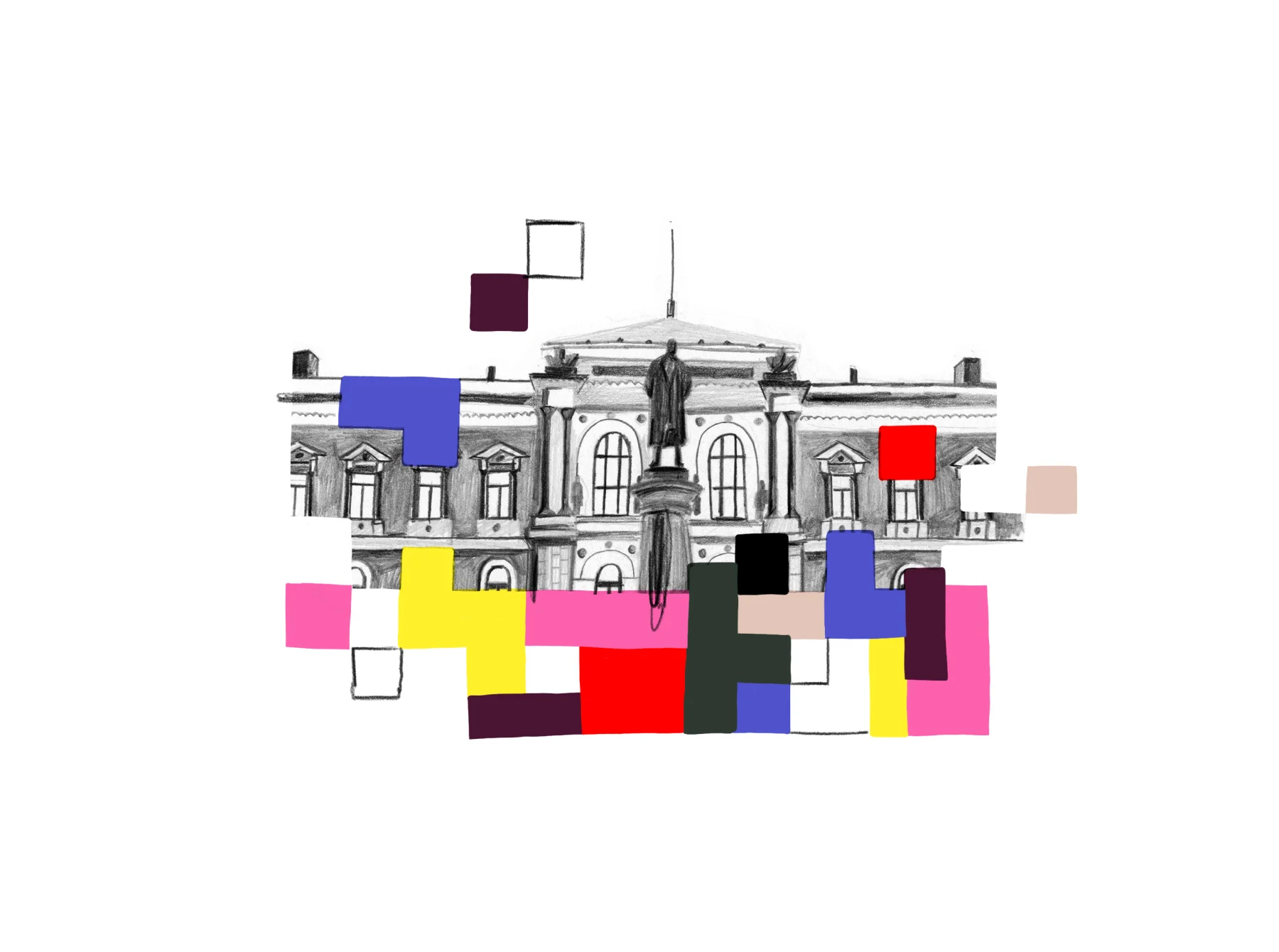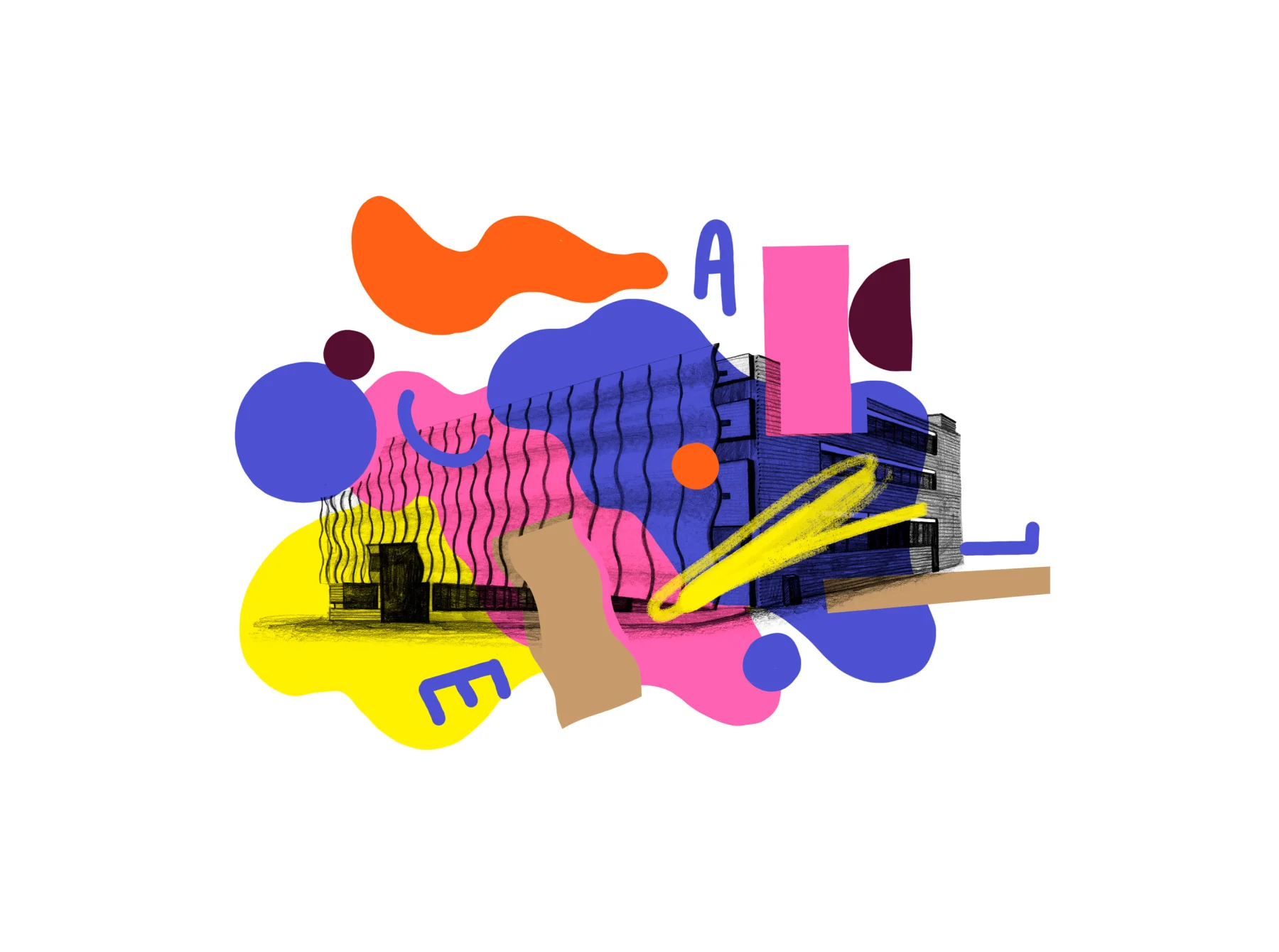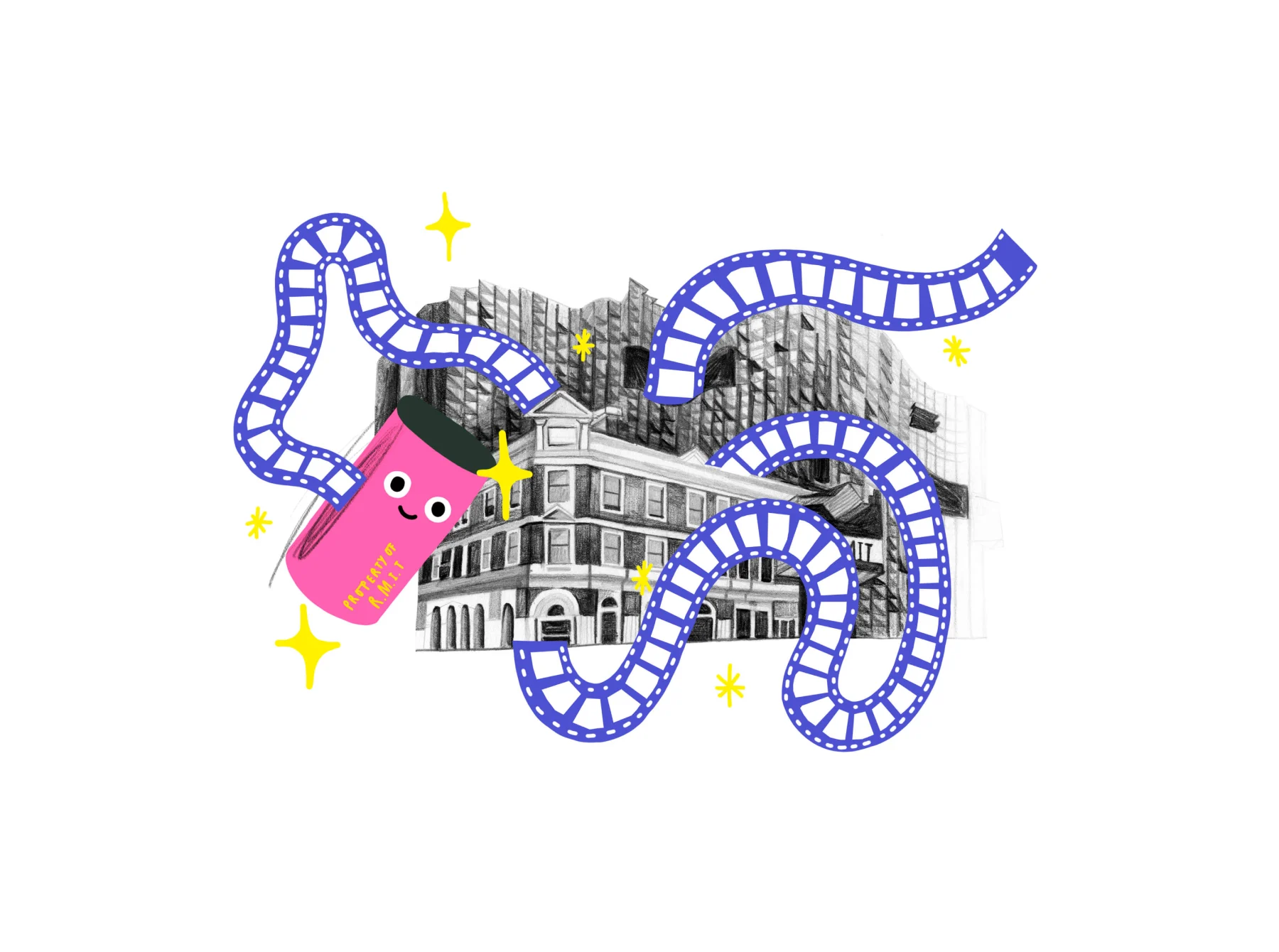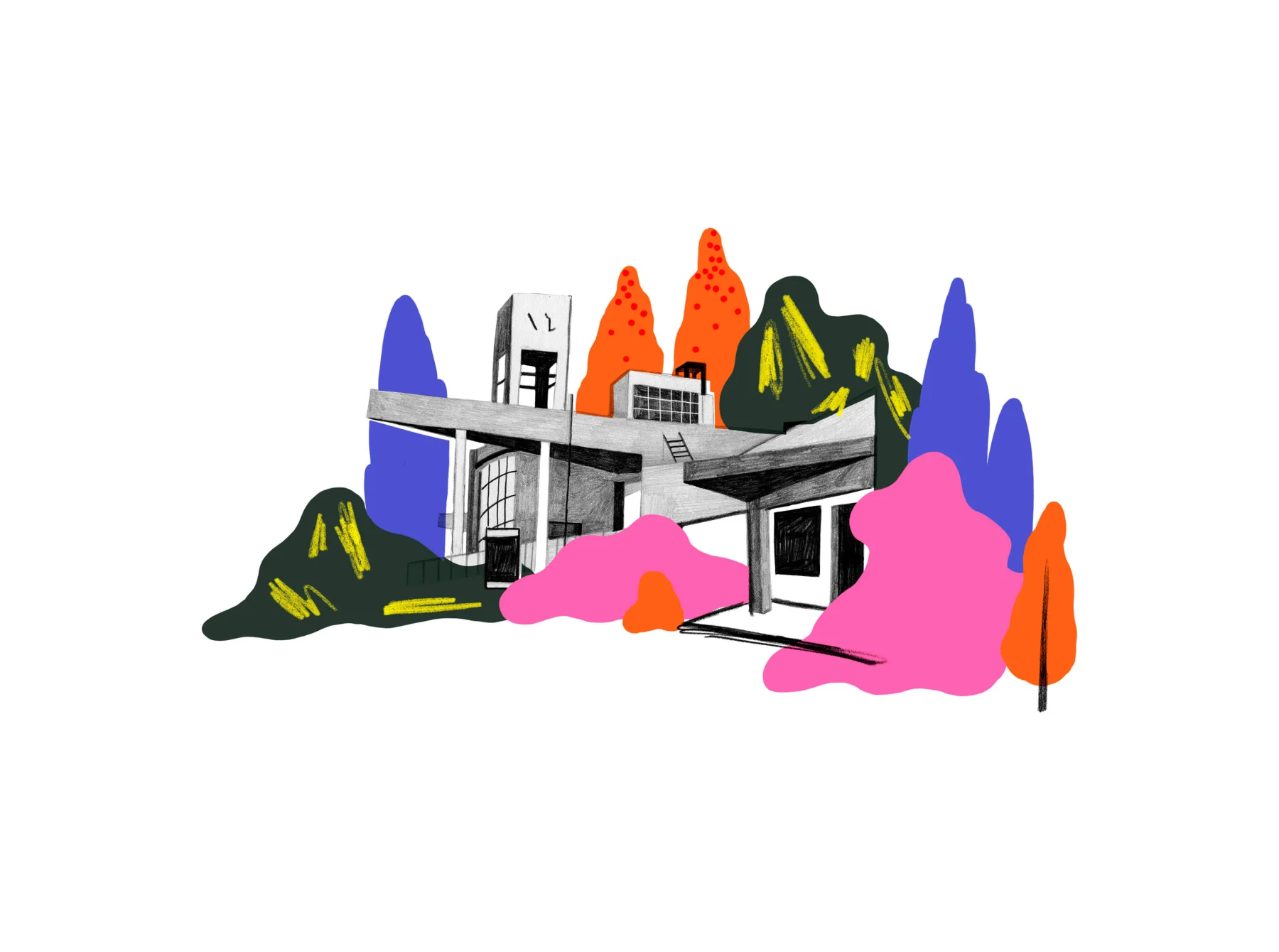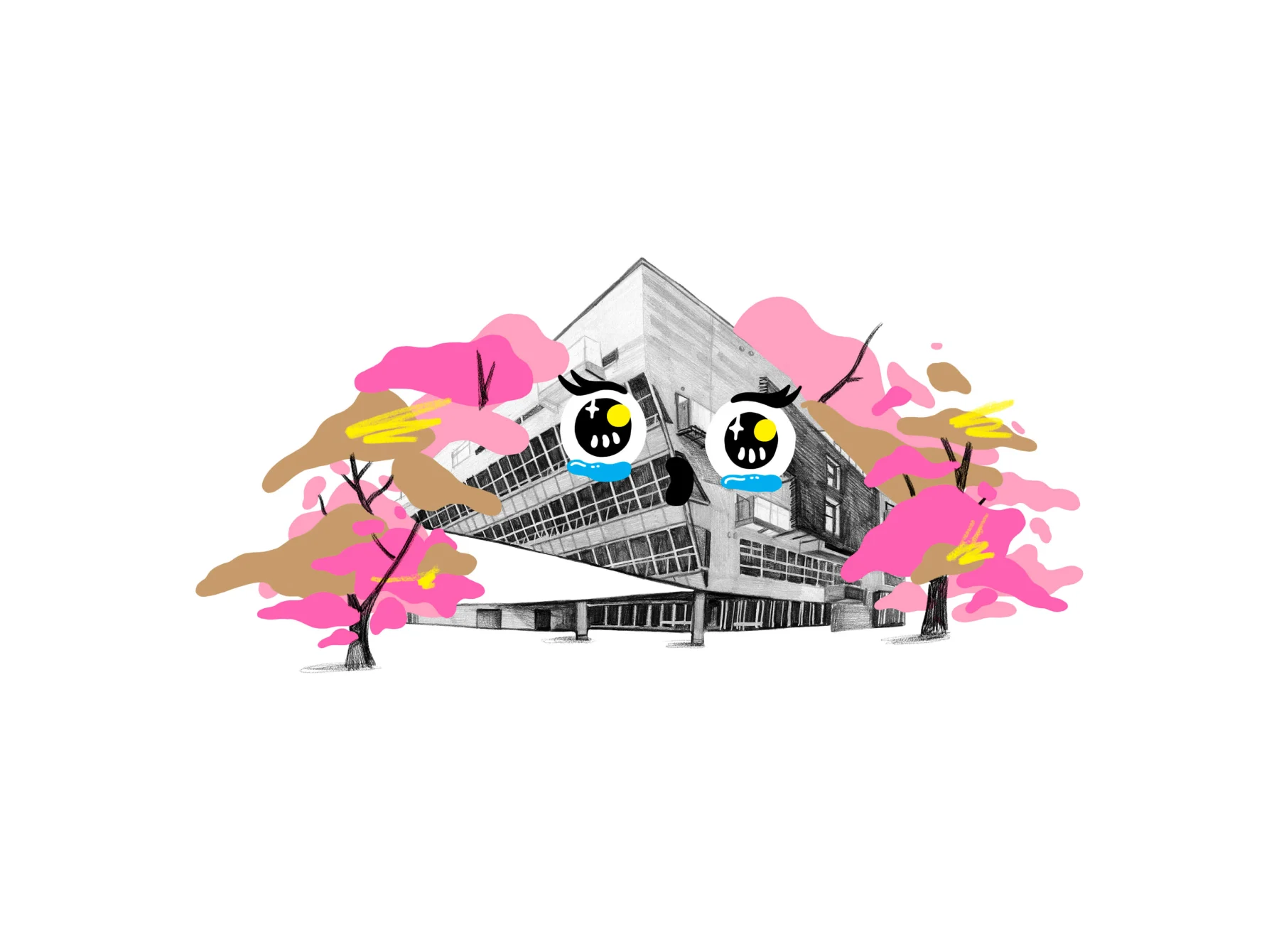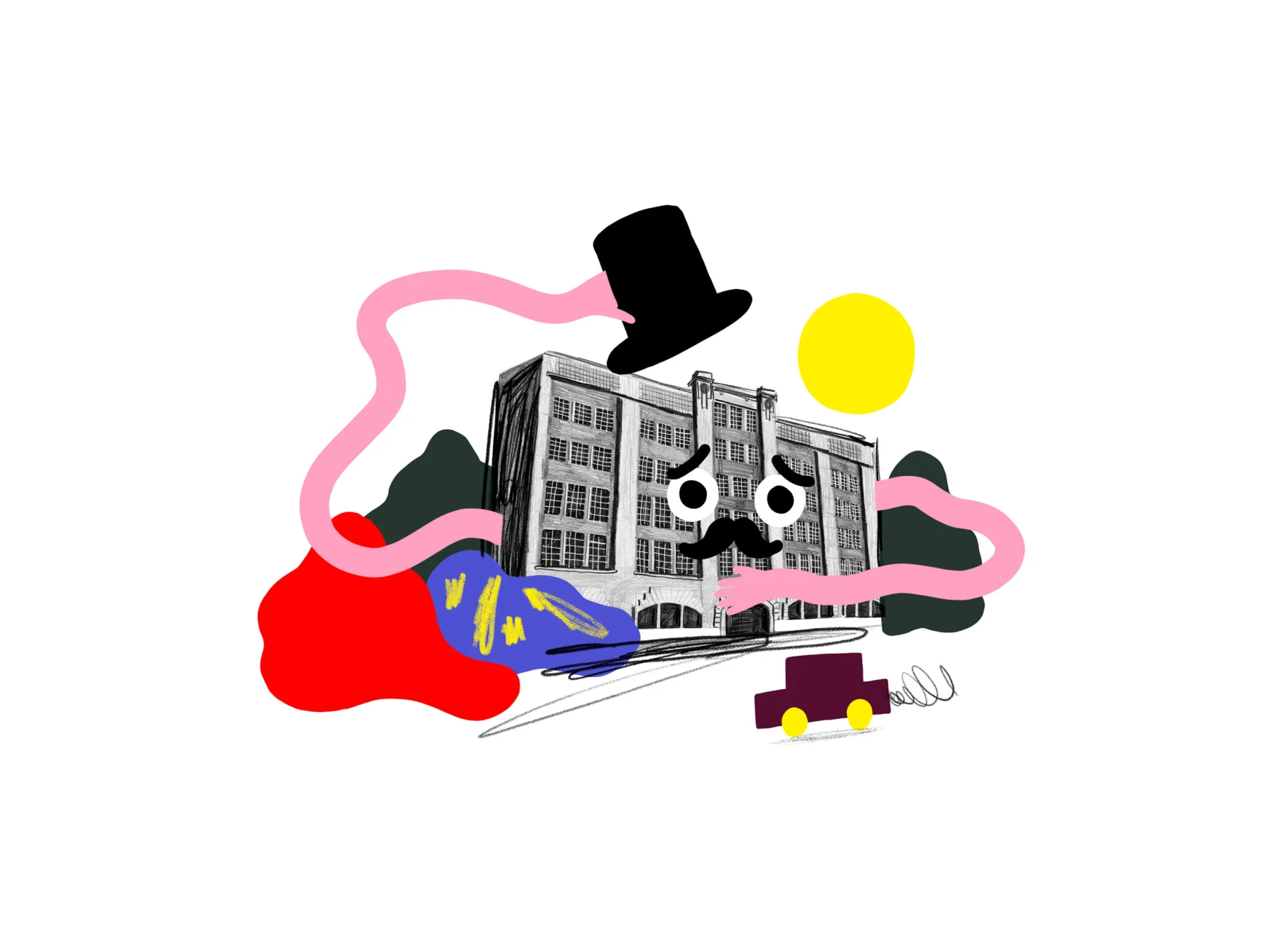

Creative education is vital. But creative education is, in places, broken. So WeTransfer has long been interested in supporting new types of programs.
It’s why we helped Nelly Ben Hayoun launch The University of the Underground, a free masters course that uses design thinking to challenge the way the world works.
From there, we developed the Pioneers list. Working with our pals at Creative Lives in Progress (formerly Lecture in Progress), we have identified eight schools around the world who deserve credit for doing things differently. See the whole list here.
“We live in an increasingly complex world, with challenges that’ll rarely be solved through the lens of a single discipline,” says Richard Perez, director of the Hasso Plattner School of Design Thinking, founded in 2016 at the University of Cape Town.

The d-school, as it’s more commonly known, is the third of its kind, joining the well-established Hasso Plattner School of Design Thinking at Stanford University, USA and Potsdam University, Germany. What sets the Cape Town school apart, in Richard’s opinion, is its location: “The other schools both exist in developed contexts, whereas the complexity we face locally and on our continent – in regards to our emerging market status, diversity in culture, and history – makes for a unique opportunity to understand and develop new applications of design thinking. Plus it's an opportunity for us to contribute to understanding and resolving the complex socio-economic challenges of our region.”
For Richard, and the university more broadly, such challenges are taken on as an opportunity to create change. “Our country has a very divided past, and despite 24 years of democracy there’s still tremendous work to be done,” he says. “Our students have diverse backgrounds and it’s our priority to embrace that. The d-school is already playing an important role as a platform where diverse groups work together to understand key challenges and develop a different future.”

As human beings we all have the capacity to be creative.
Design thinking is a human-centric practice – placing human need alongside the standard considerations of business and technology in the context of innovation. The five stages of design thinking, as identified by d-school Stanford’s co-founder, David Kelley, are empathy; defining the problem; ideation; prototyping; and testing. All these are informed by play, and focused on finding and resolving real, meaningful problems.
At the Cape Town d-school, they’re taking on the challenges of their context, encouraging creative confidence in their student body, and hoping to shift mindsets. Rather than simply teaching a process, Richard and his team aim to “teach students to become comfortable with the new world of VUCA (volatile, uncertain, complex and ambiguous).” In other words, to expect the unexpected, and work with it.
The 12-week programme is targeted at students who are already enrolled in postgraduate studies at the University of Cape Town, and it’s offered as an extramural course. “We attract students from every faculty – Commerce, Engineering, Health and Social Science,” says Richard. “The d-school is the only platform within the university where students from a range of disciplines can come together to work on real-world challenges and develop solutions.”

Projects are set by companies and organizations from the corporate, government, academic and community sectors, and representatives mentor student teams through each brief – receiving potential solutions to complex problems in return for their time.
The course is subsidised, so students only pay for materials. To enrol in the program, students submit a T-Profile, the T denoting a metaphor used in recruitment, where the vertical bar on the letter represents depth of expertise, and the horizontal bar their ability to collaborate across disciplines.
If taken through to the second stage of the process, they participate in a one-day programme where they learn the ropes of the course. “Looking at the world through a design-led lens is very different from the way many students have been taught. There’s definitely a process of unlearning and relearning,” says Richard. “We’re careful to ensure that students are up to the challenge.”

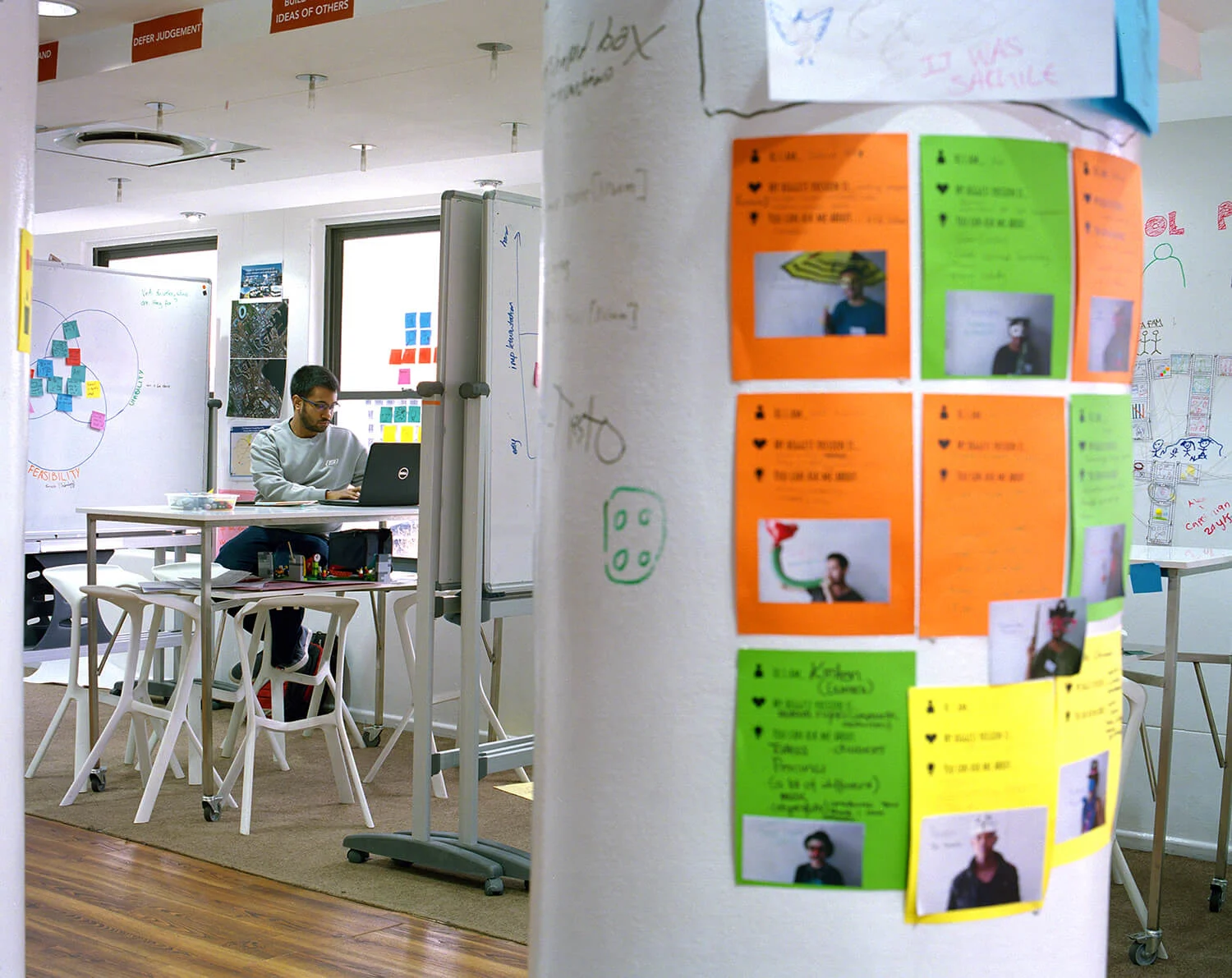
At the d-school, design is considered outside of the context of objects, printed matter, furniture and industrial design; and rather in the abstract.
Design thinking at the d-school is approached with an equal focus on studio teaching, peer-to-peer review and audience feedback – encouraging hands-on, active learning, critical thinking and creative solutions. The studio itself is intended to be a flexible space, with adaptable furniture that allows students to define the parameters of their environment as much as those of their projects.
“As human beings we all have the capacity to be creative,” says Richard. “The d-school is a place where we unlock creative capability, where students learn to work in diverse teams and imagine new ways of addressing problems. They experience what it’s like to imagine something that has never existed, and have the confidence to realize it.”
During the course students are taught to “embrace ambiguity, experimentation and failure.” Richard considers the disruptive, pioneering nature of the d-school as one of its best attributes, and “the changes in each student’s thinking” as one of its great achievements. Richard and his team also run courses with undergraduate programmes at the university, where they introduce design-led thinking to both students and tutors: “We teach students to design the right thing before they design it right.”

This focus on function over form harks back to the philosophy of the Bauhaus school and the Ulm School of Design, both of which recognized the multidisciplinary potential of art and design.
The key difference is that at the d-school, design is considered outside of the context of objects, printed matter, furniture and industrial design; and rather in the abstract. At the 2017 World Economic Forum it was predicted that in the next five years over a third of the skills considered important in today’s workforce will change; and in learning design thinking, d-school graduates are developing not only the core skills of the fourth industrial revolution, but the ability to adapt.
Words by Billie Muraben
Photos by Kent Andreasen
Illustration by Jordan Andrew Carter
Name: University of Cape Town, Hasso Plattner Institute of Design Thinking (d-school)
Location: Cape Town, South Africa
Director: Richard Perez
Courses Offered: Postgraduate courses in Design Thinking, as well as programmes available to professionals and coaches
Collaborators: The d-school collaborates with partners from the corporate, government, academic and community sectors including BBC Worldwide, Charité, Volkswagen, ChildFund and Panasonic



